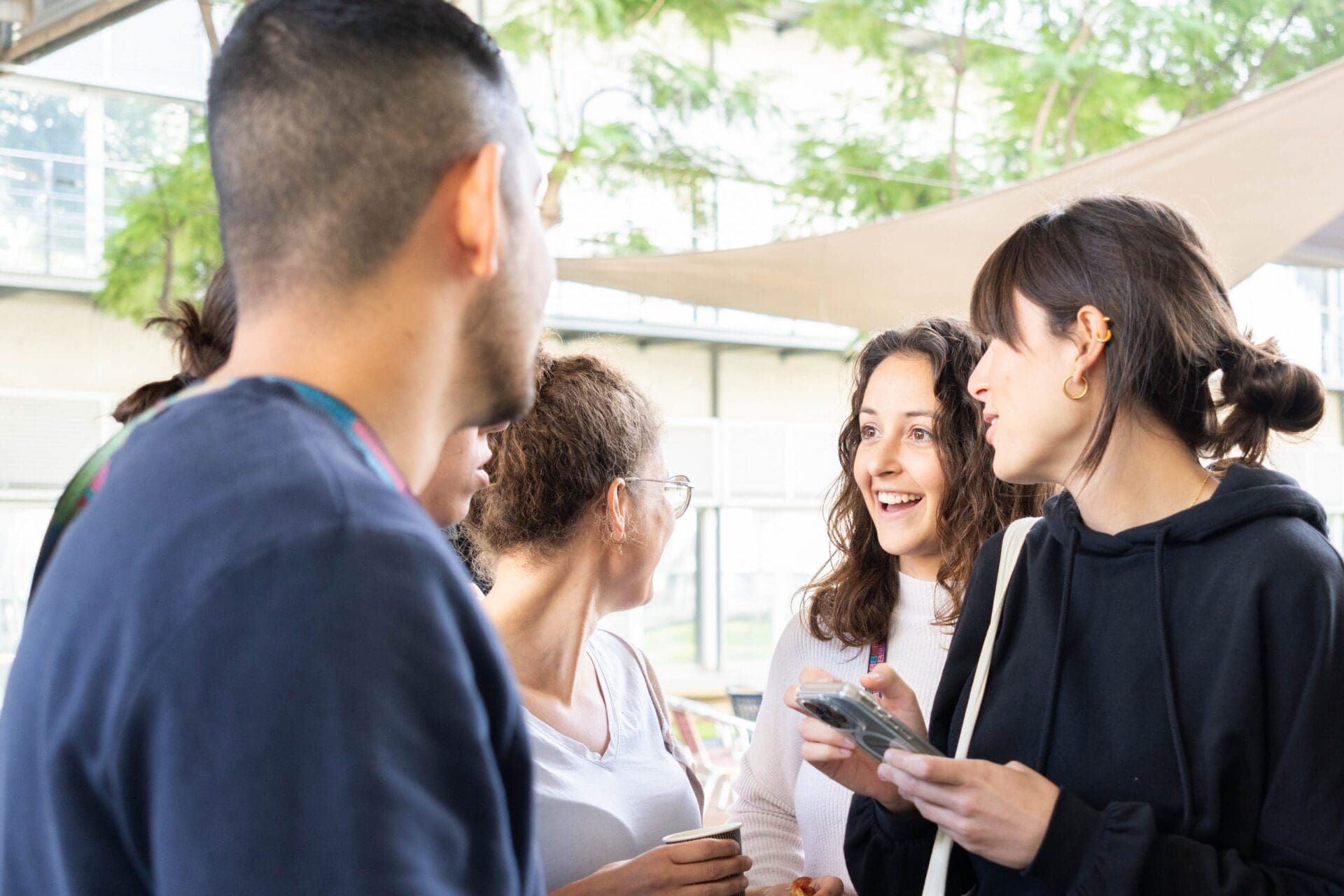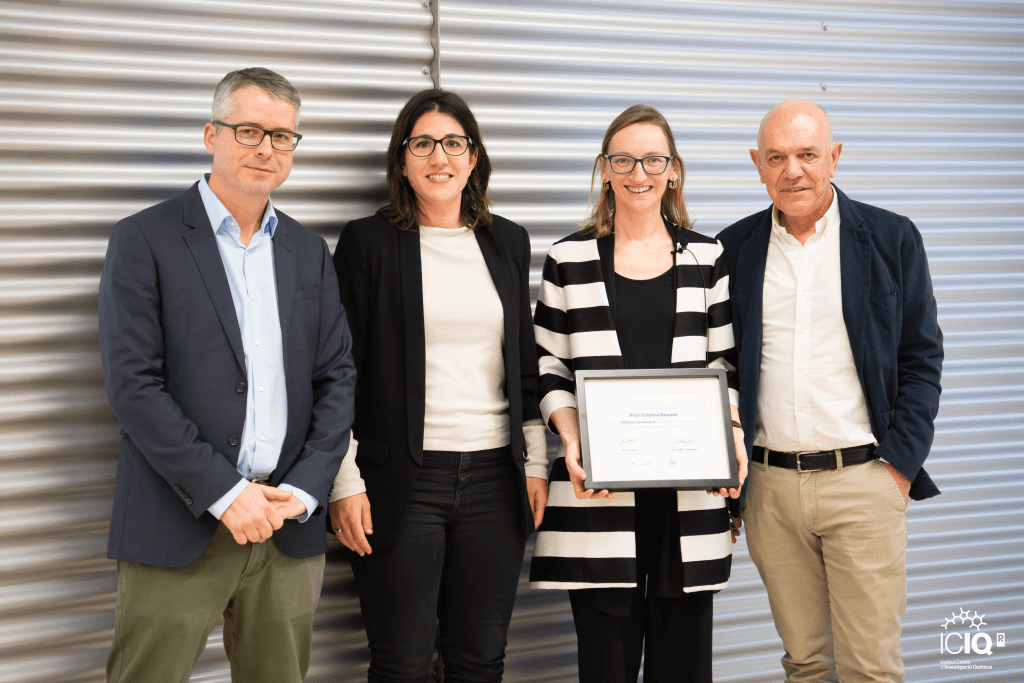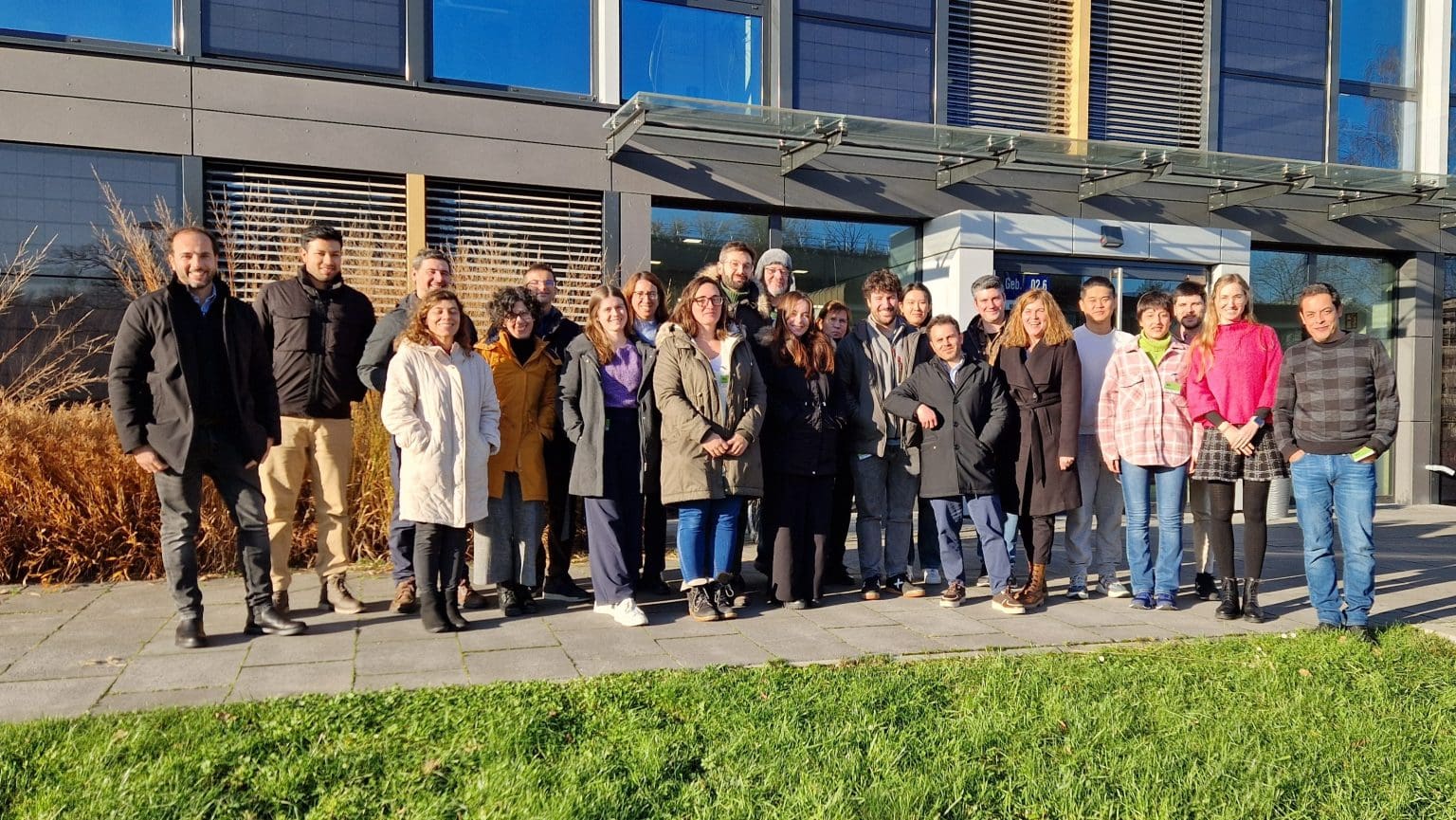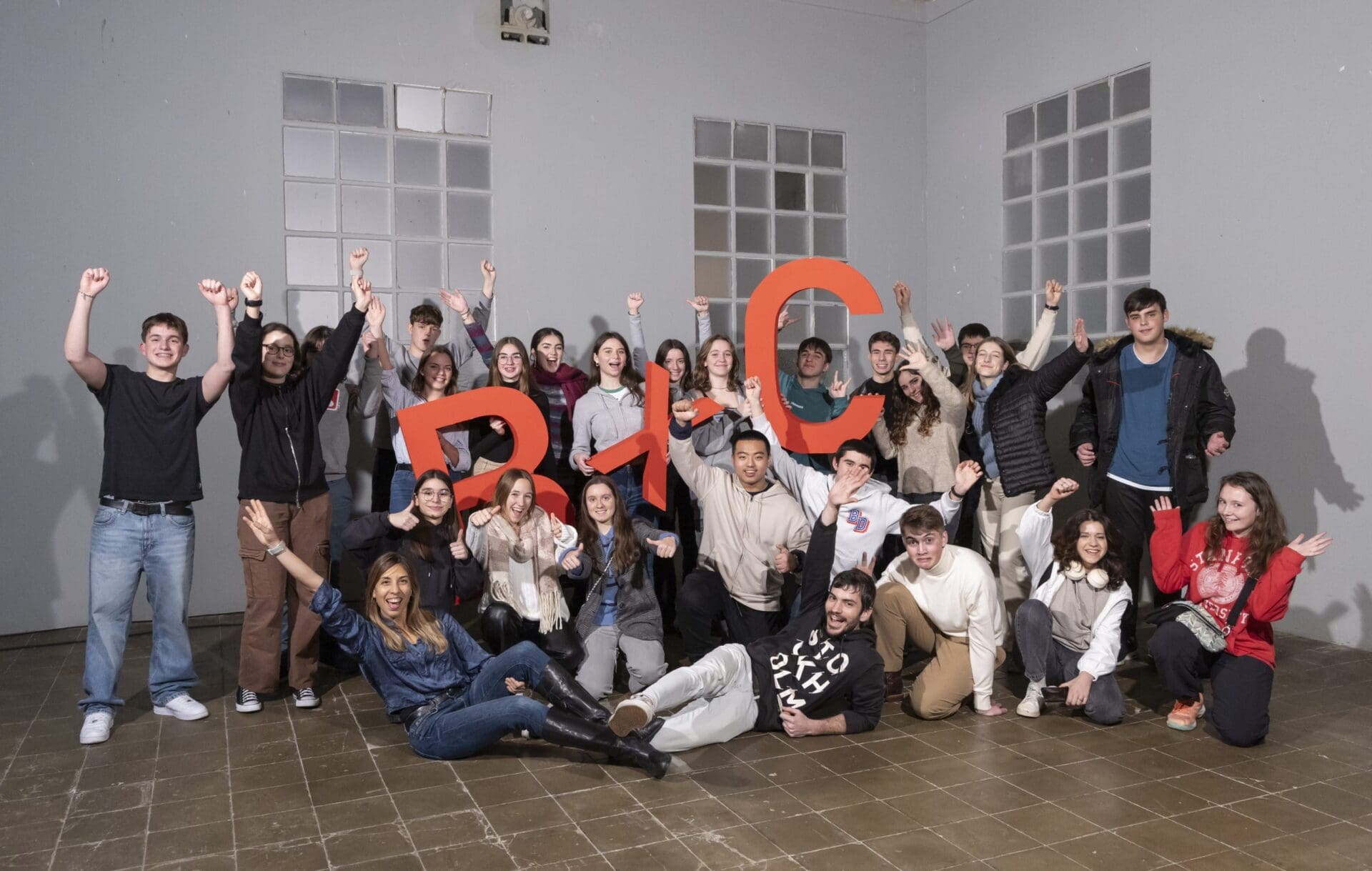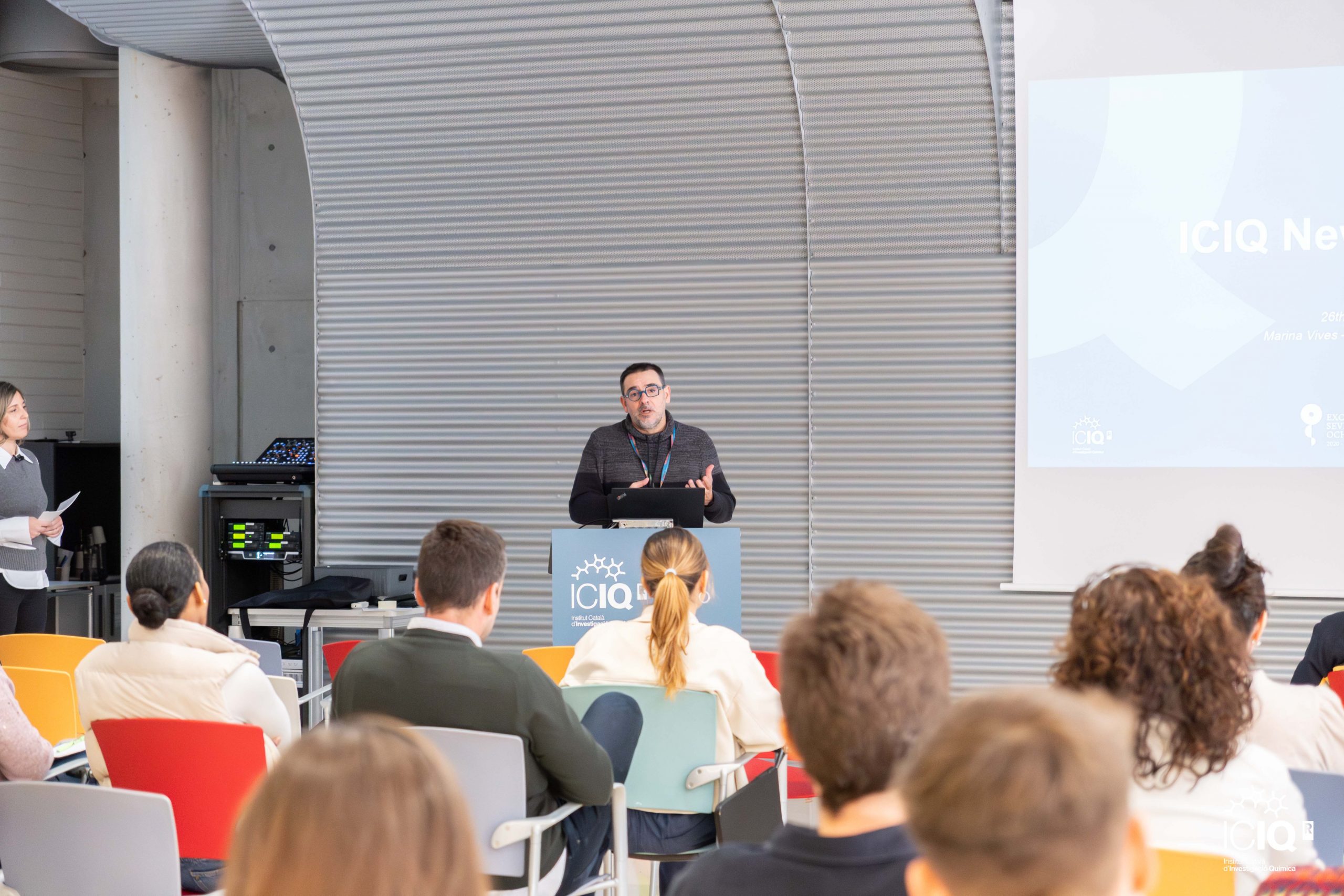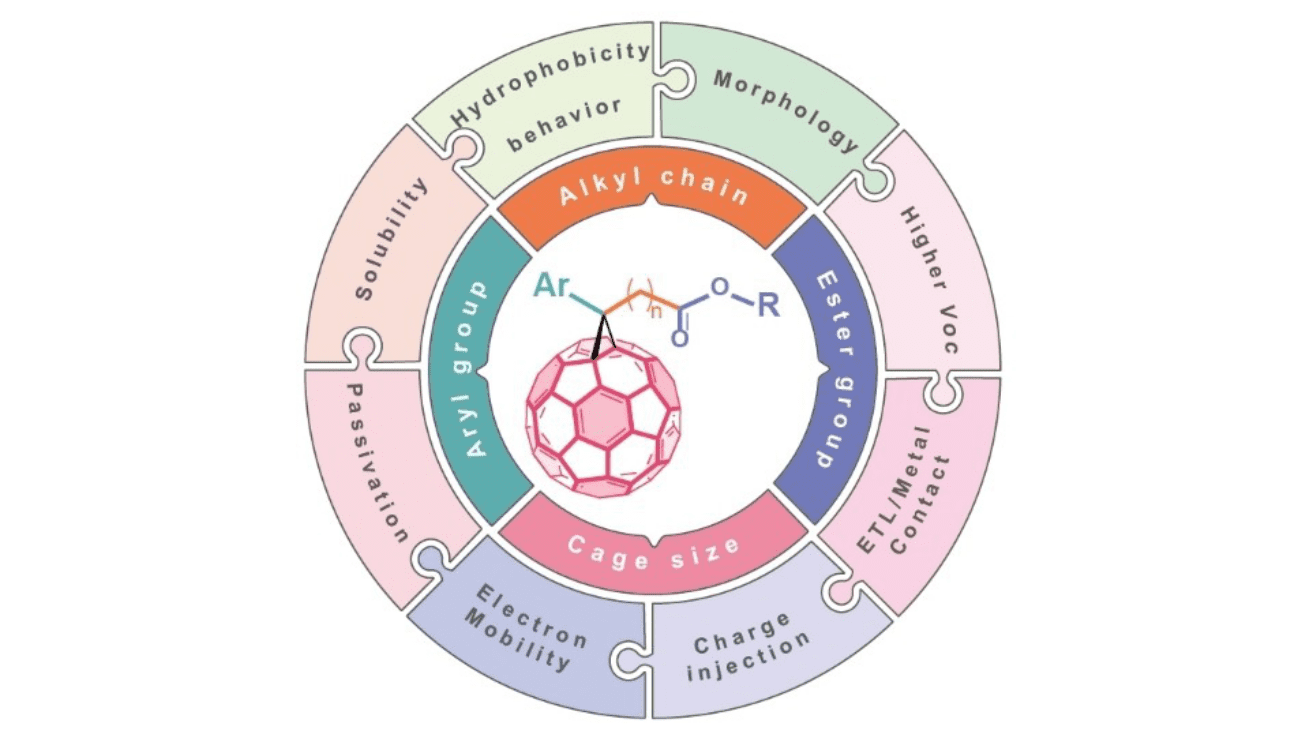Prof. Feliu Maseras receives Rafael Usón Medal from GEQO-RSEQ
The award highlights excellence in organometallic chemistry
Prof. Feliu Maseras, has been honoured with the Rafael Usón Medal by the Group of Organometallic Chemistry (GEQO) of the Spanish Royal Society of Chemistry (RSEQ). This award recognises Prof. Maseras for his outstanding contribution to the development and application of computational chemistry to the field of organometallic chemistry and homogeneous catalysis. His work has significantly advanced the research of experimental groups and enhanced the understanding of reaction mechanisms at the molecular level.
The Rafael Usón Medal is a symbol of excellence in organometallic chemistry, awarded to individuals who demonstrate outstanding dedication and innovation in their research. Prof. Maseras applies computational chemistry to the study of the structure and reactivity of transition metal complexes, with special emphasis on homogeneous catalysis.
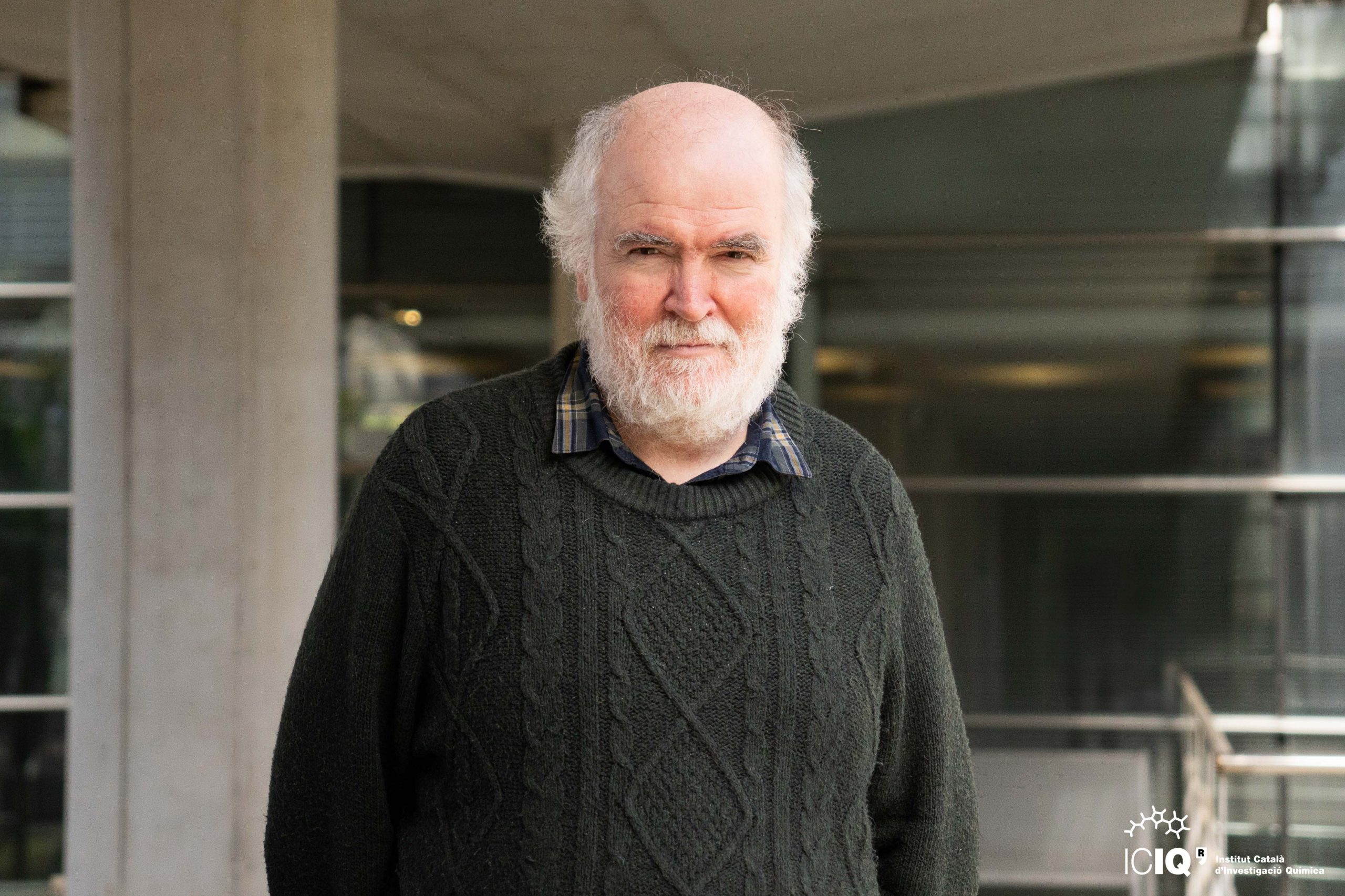
In the announcement made yesterday, Ana C. Albéniz, President of GEQO, also recognised other notable awardees: Dr. Jesús Campos Manzano, who received the GEQO Award for Research Excellence, and Dr. Rafael Gramage-Doria, honored with the GEQO Award for Young Researchers. The Awards Commission, consisting of Santiago Álvarez, Juan Cámpora, Elena Fernández, and Eva Hevia, selected the awardees for their remarkable achievements.
About Prof. Feliu Maseras
Prof. Maseras’ research has been at the forefront of applying computational chemistry to solve practical chemical problems. His work has had an impact on the field of computational homogeneous catalysis, especially in areas such as cross-coupling and C-H bond activation. His other research interests include organocatalysis, photocatalysis, single-electron transfer, and mechanochemistry. Prof. Maseras has also contributed to methodological advances in computational chemistry, including the development of QM/MM methods, big data analytics, and the identification of hidden descriptors in chemical processes.
With nearly 300 publications and over 50 invited talks at international conferences, Prof. Maseras’ work has influenced a wide range of scientific domains. He has supervised 24 doctoral theses and hosted 19 postdoctoral researchers. Additionally, he has provided short research opportunities for 22 graduate and 24 undergraduate students.
In recent years, he has also had editorial activity. He has been a member of the Advisory Editorial Board of Chemical Society Reviews from January 2011 and, more significantly, Associate Editor of ACS Catalysis from March 2019.
Related news

Let's create a brighter future
Join our team to work with renowned researchers, tackle groundbreaking
projects and contribute to meaningful scientific advancements







 11-12-2024
11-12-2024 